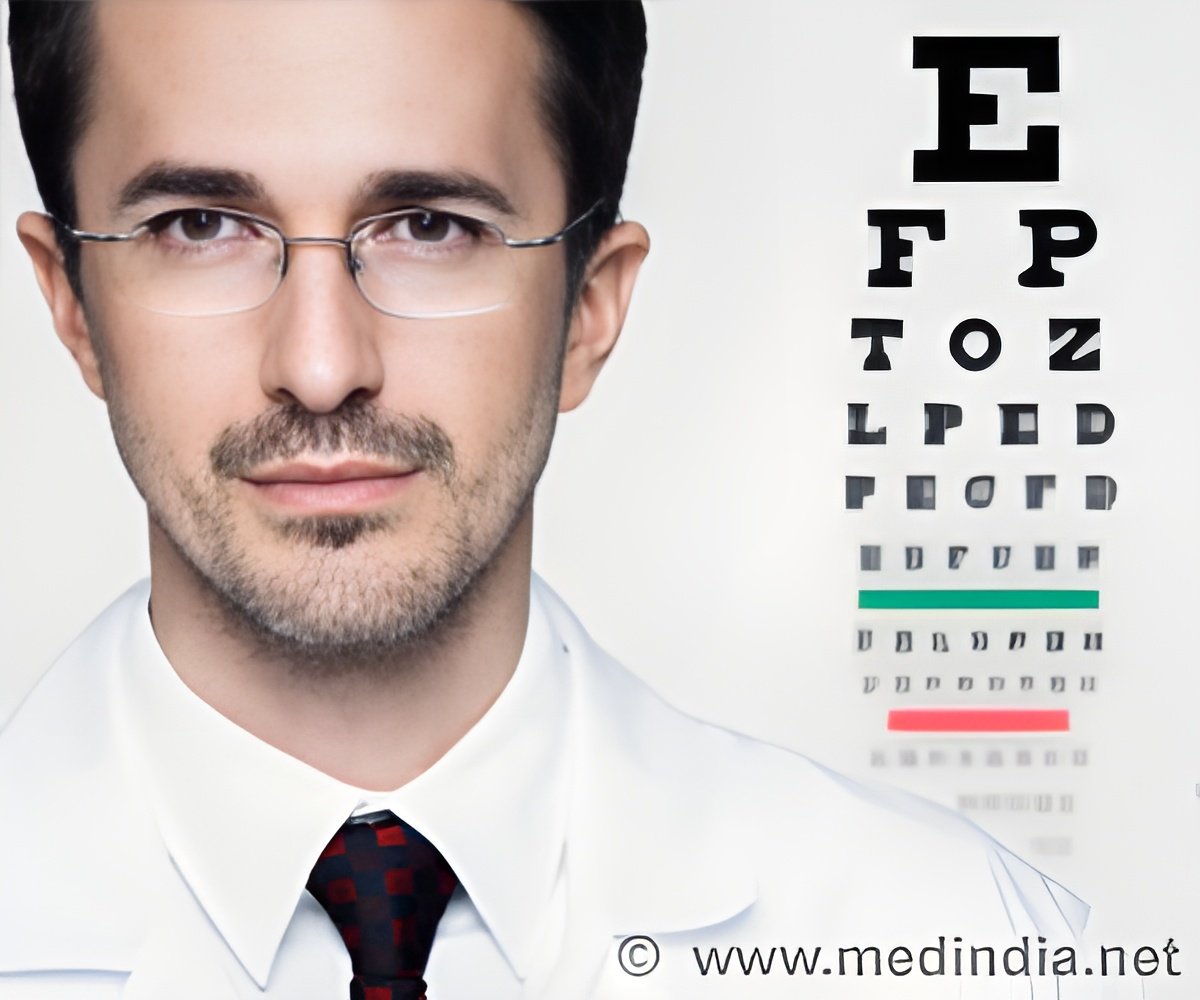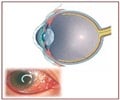The Delhi High Court issued notice to Ministry of Health & Family Welfare on the petition filed regarding the untrained manpower in eye care centers.

The petition filed by Indian Optometry Federation alleges that the government is releasing funds to the NGOs, private companies deploying untrained manpower under various misleading names of Eye Technicians.
Ajeet Bhardwaj, President, IOF, said, “As government is allowing employment of untrained and unqualified manpower by NGOS, Hospitals and lens manufacturing companies, it causes more harm to the unsuspecting people who believe that the person advising them is trained medical professional and believing their advice.”
In our petition we have pleaded the High court to put stay on the grants to NGOs, Hospitals and private companies for various vision centers being established by them and huge money being spent without any benefit to the masses, informed Bhardwaj.
Optometrists are trained health care professionals who evaluate eye health, clarity of vision and importantly, can detect several disorders of eye like cataract and glaucoma as well as identify systemic diseases like diabetes.
As per estimate the total blind population in the country, 4.7% accounted for diabetic retinopathy and age related macular degeneration. Optometrists can help in early detection of diabetic retinopathy and in co-management of the same.
R. S. Berwal, Secretary, IOF, said, “Blindness in India can only be reduced or controlled if optometry is given its role of primary health care where they can diagnoses and treat patients for common eye ailments and refer patients who needs specialized care and surgical intervention.”
Source-Medindia
 MEDINDIA
MEDINDIA




 Email
Email







